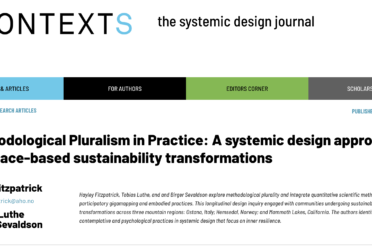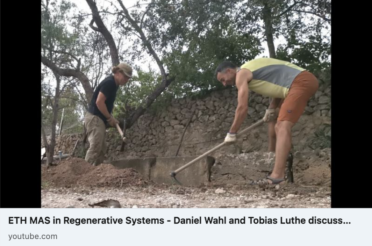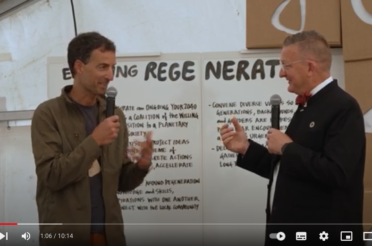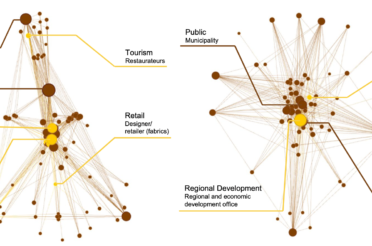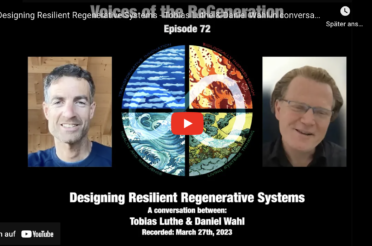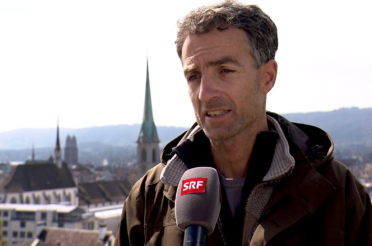The complexity of sustainable development and societal transitions require both analytical understandings of how coupled human-environment systems function and transdisciplinary science-to-practice approaches. The academic discourse has advanced in developing a framework for defining success in transdisciplinary research (TDR). Further empirical evidence is needed to validate the proposed concepts with TDR case studies. This paper applies a widely used TDR framework to test and critically evaluate its design principles and criteria of success with five TDR case studies the author is intimately familiar with. Overall, the design principles of the framework are validated for the five cases. Additional design principles are derived from the case analysis and proposed to complement the applied framework: (1) A project origin from society as opposed to with and for society; (2) Quickly available initiation funding; (3) Flexibility in time, objectives and methods throughout the research process; (4) Acceptance of process vs. project results; (5) Inclusion of public science communication; and (6) A demand-driven transition to a prolonged or new project partnership. The complementing principles are proposed for integration in the applied framework and are subject to further empirical testing. The reflexive empirical approach I have taken in this paper offers a key step towards removing institutional barriers for successful TDR, demonstrating how conceptual frameworks can be applied.
Luthe, T. 2017. Success in Transdisciplinary Sustainability Research. Sustainability 9(1). DOI: 10.3390/su9010071.
